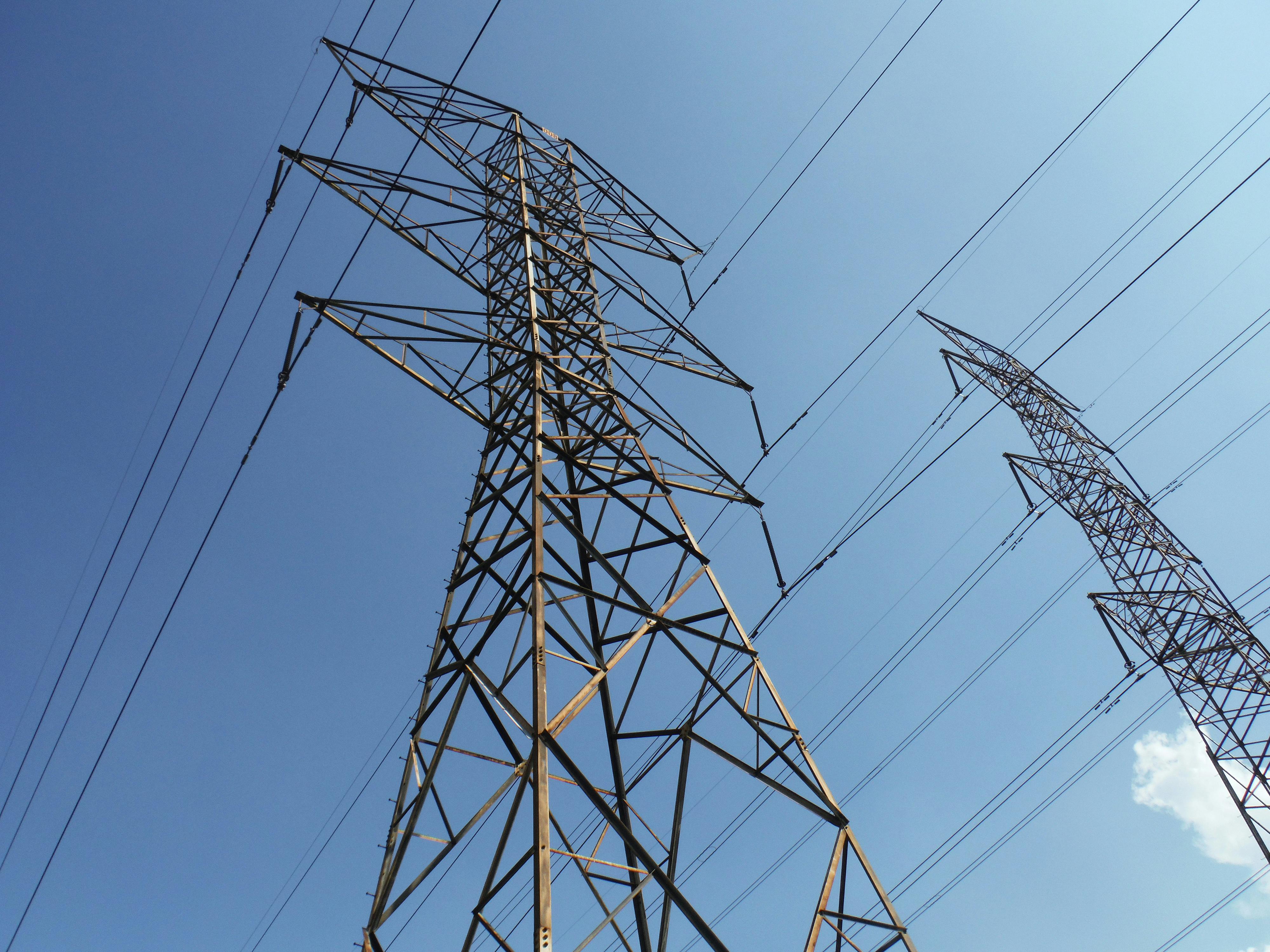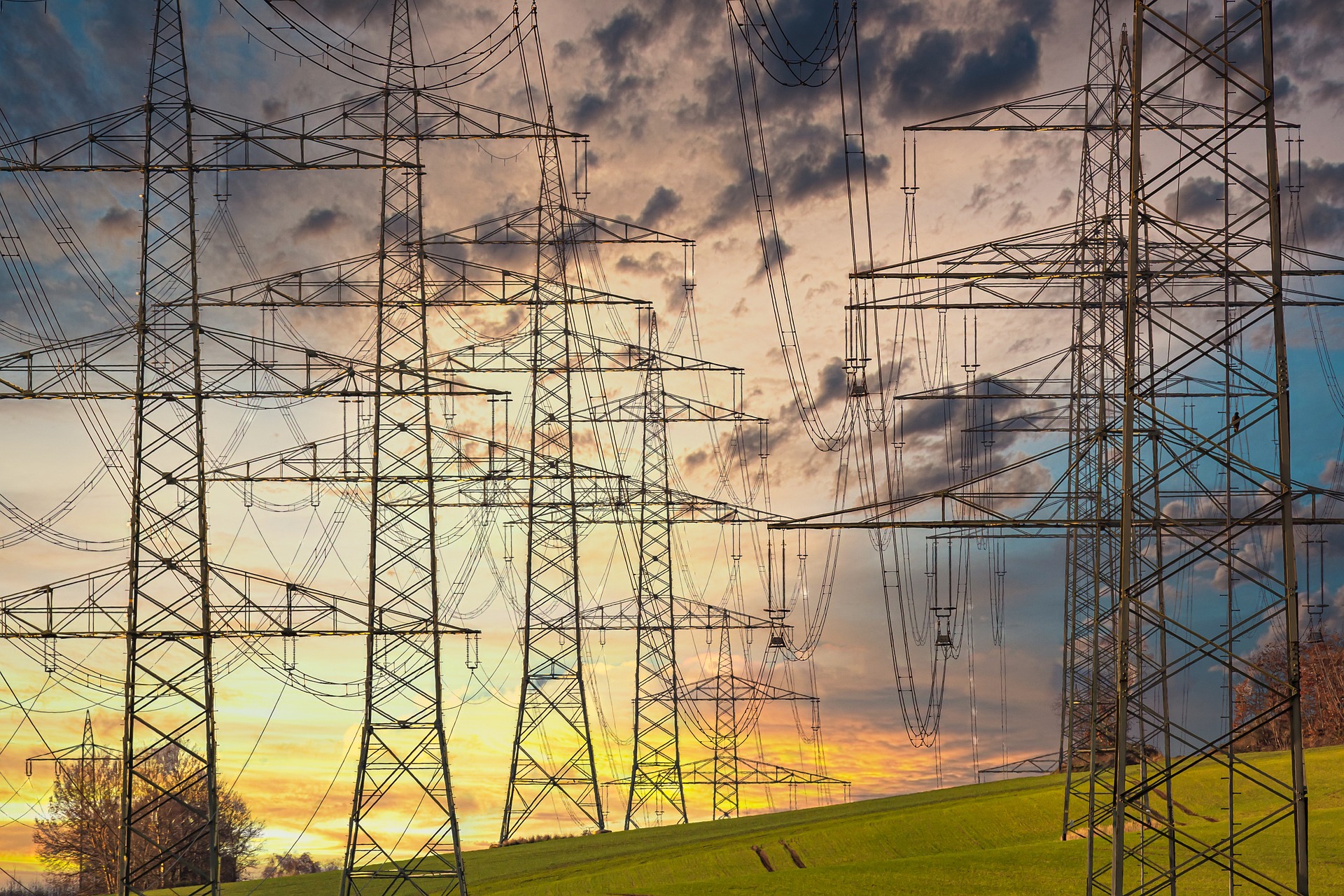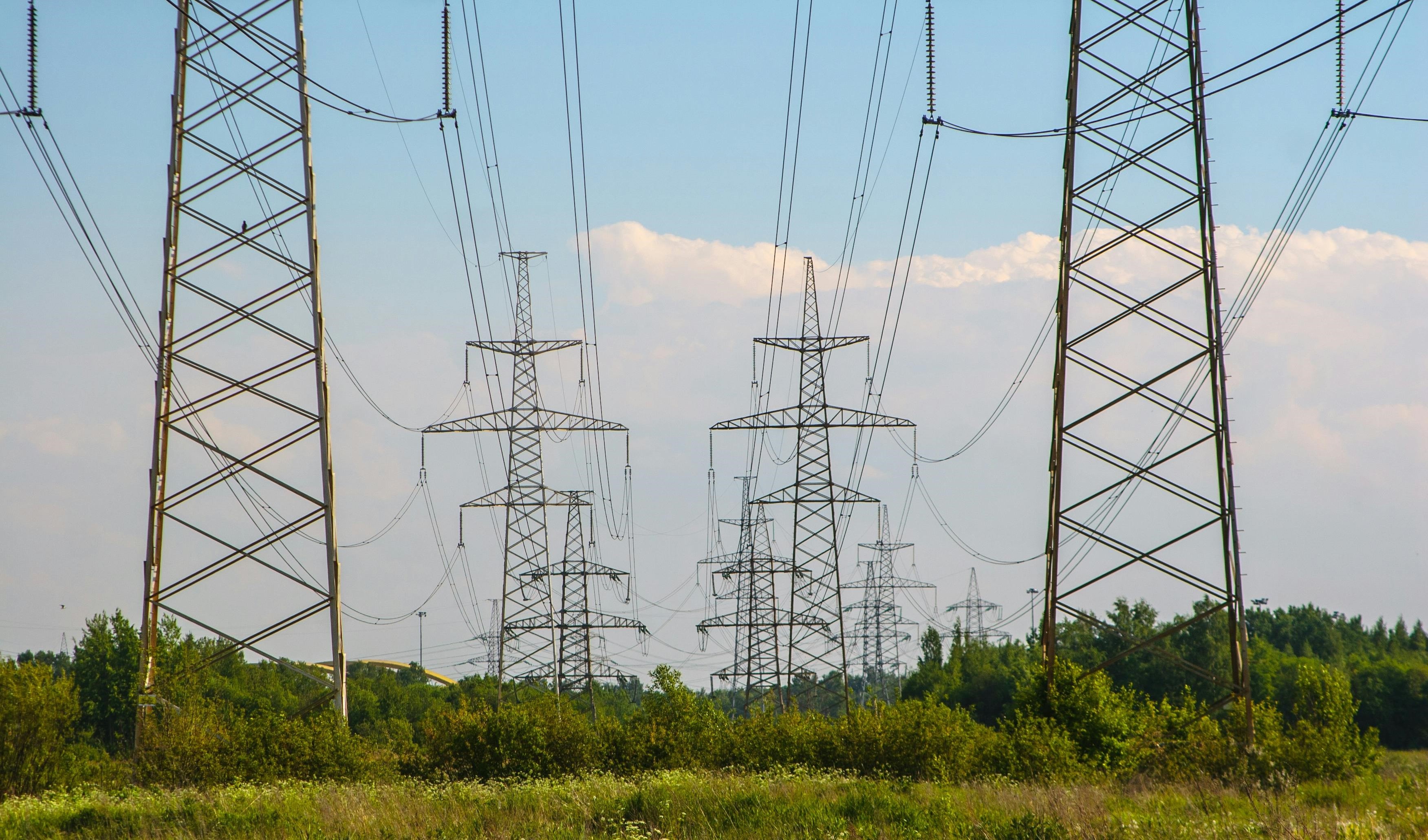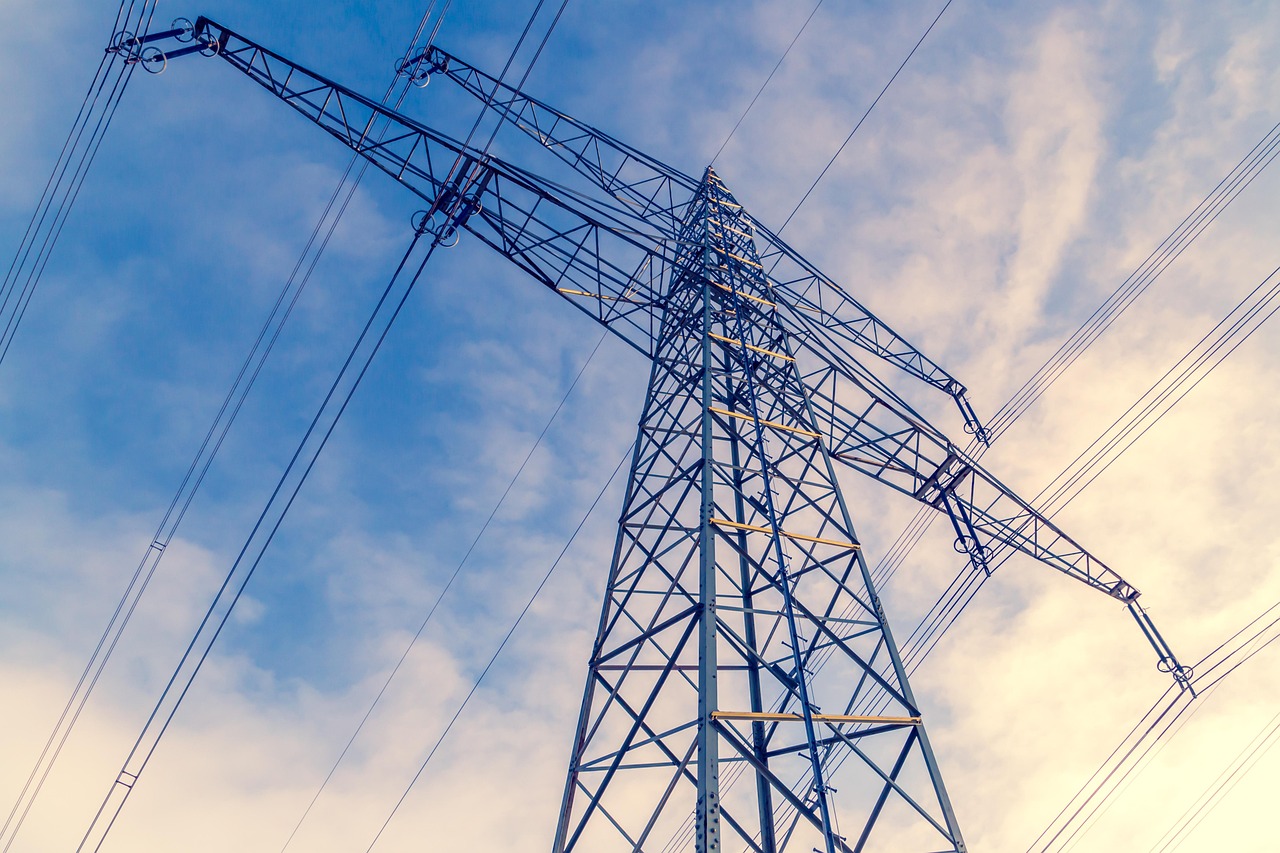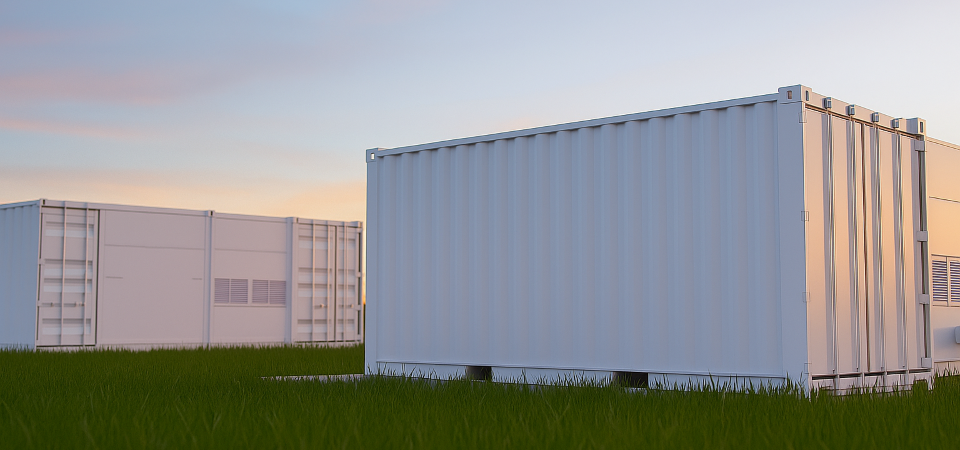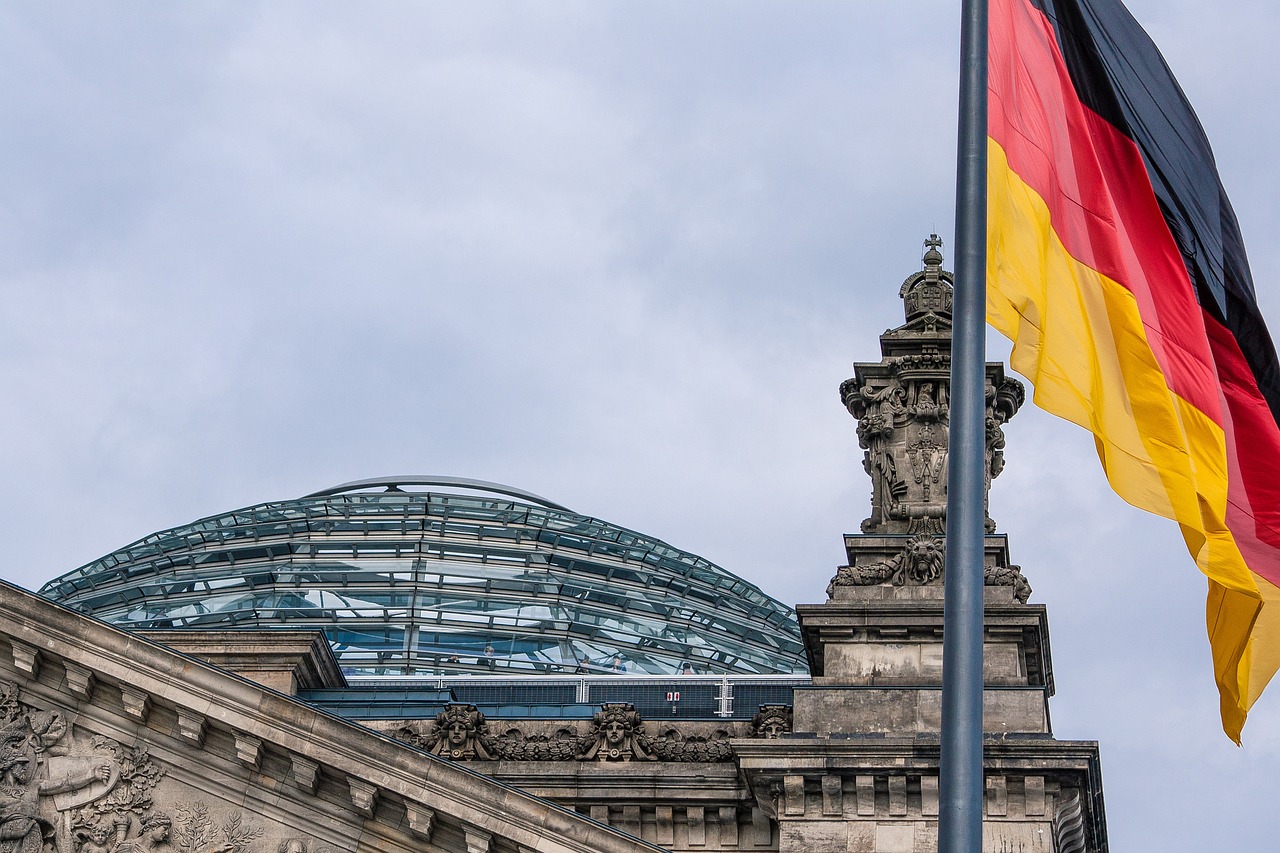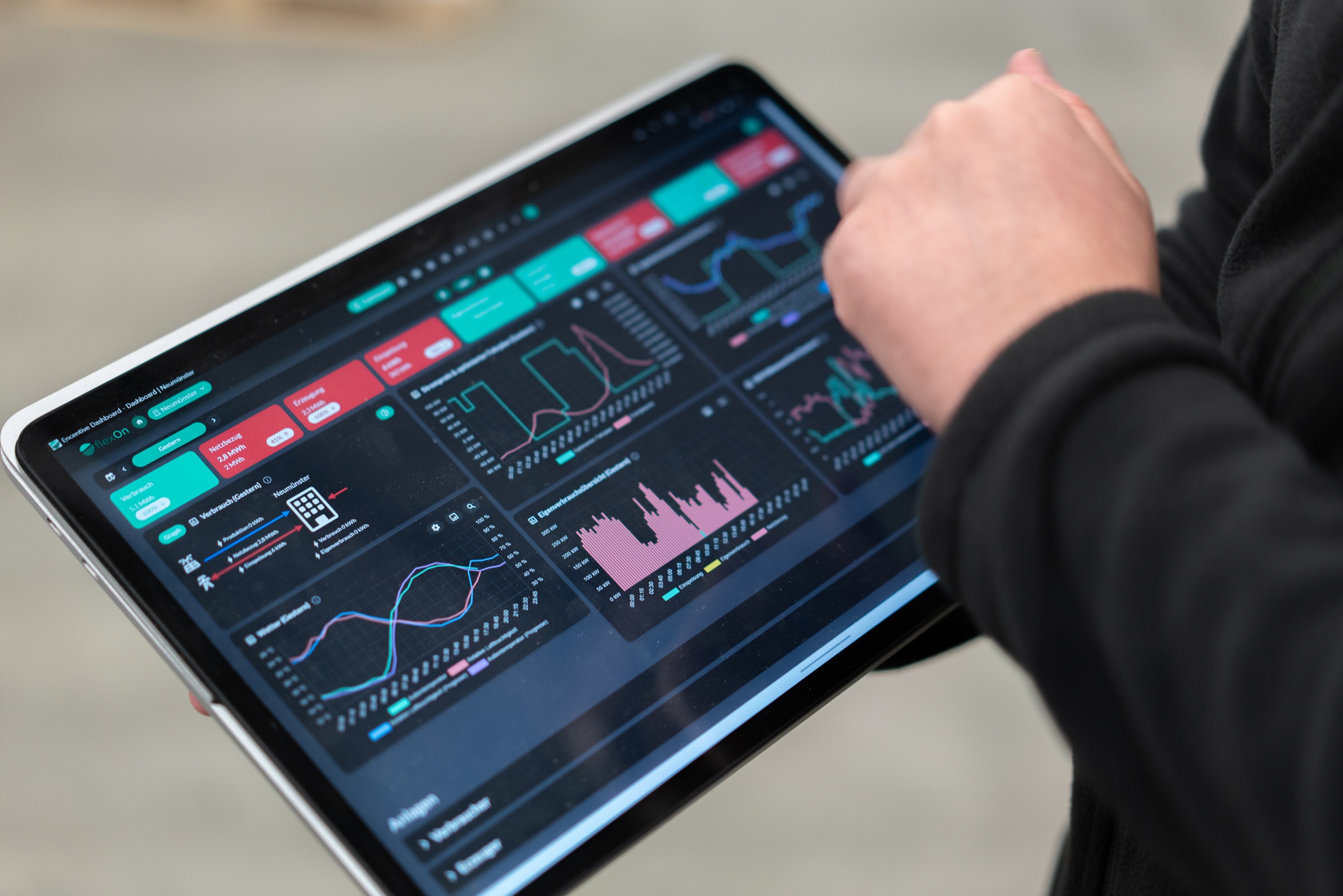Real-time power procurement and energy management
FlexPower and encentive enable companies to automatically optimize their electricity consumption on the intraday electricity market for the first time.
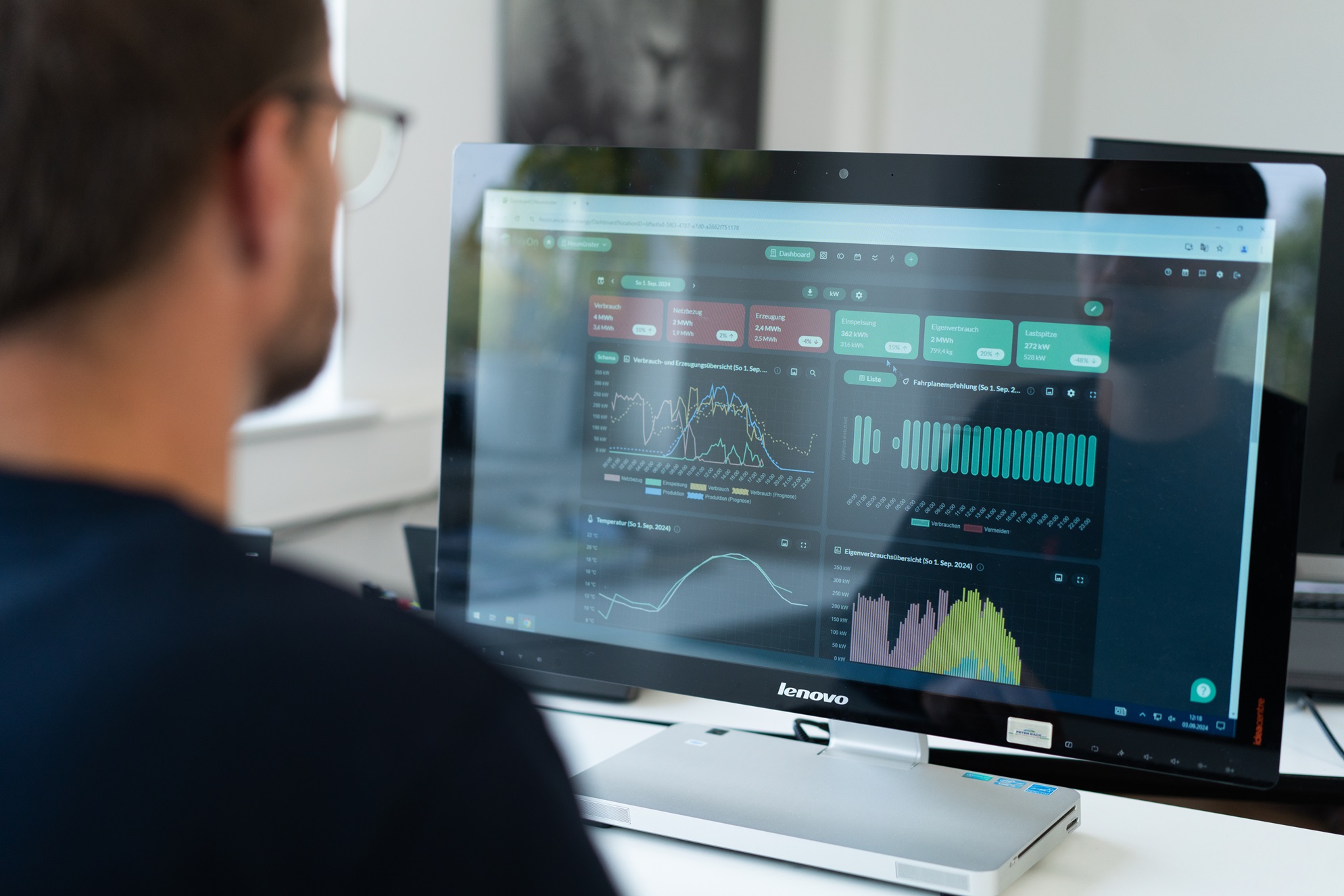
- High energy prices and inflexible electricity contracts are placing a growing burden on industry
- The cooperation enables companies to implement energy management and electricity procurement automatically on an intraday basis for the first time
- Companies thus reduce their costs and benefit from better adaptation to market conditions – at the same time, their flexible integration relieves grids and supports the integration of renewable energies
Neumünster / Hamburg, May 22, 2025 – Energy prices in Germany are among the highest in the world and weigh particularly on energy-intensive industrial companies. In order to compensate for locational disadvantages, to better integrate industrial electricity consumers into the energy market and to tap into unused flexibility potential in the energy system, software provider encentive and electricity retailer FlexPower are combining their expertise. As part of the cooperation, encentive's energy management platform enables fully automated control of electricity consumption in accordance with intraday price signals – i.e. fluctuating stock market electricity prices every quarter of an hour. Until now, automated consumption control was only possible on the basis of day-ahead prices.
The cooperation combines the smart energy management from encentive with real-time power procurement from FlexPower – thus enabling companies to significantly reduce their energy costs while benefiting from the volatility of the short-term electricity markets. In addition to the economic benefits, there are also ecological benefits: Companies adapt their consumption dynamically to the current electricity supply, thereby making an important contribution to the integration of renewable energies and thus to grid stabilization.
“With FlexPower, we connect our optimized timetables directly with flexible power procurement on short-term markets,” explains Torge Lahrsen, Co-Founder and Managing Director of encentive. “What is new is that we are now also taking advantage of the opportunities offered by the intraday market – i.e. the very short-term price signals and market movements that we make available to our customers. In doing so, we offer them real levers to reduce their energy costs – without additional complexity.”
The native integration of the two platforms will also connect two previously separate areas: energy management in the company (“behind the meter”) and electricity purchase on short-term electricity markets (“front of the meter”). While encentive creates optimized and automated timetables for energy-intensive consumers with the help of artificial intelligence, FlexPower ensures appropriate electricity purchases on the market – additionally secured by Power Purchase Agreements (PPAs) and a virtual battery if required.
The background to the partnership is a structural challenge in industry: Many manufacturing companies are disconnected from market activity through fixed-price contracts and cannot benefit from low or even negative stock market electricity prices. At the same time, the risk premiums of conventional fixed contracts are increasing due to increasing price fluctuations.
“Flexibility is the new currency on the electricity market,” adds Max Amir Dieringer, CEO at FlexPower. “Anyone who is able to react to market movements in the short term not only has an economic advantage, but also contributes to system stability. By seamlessly integrating encentive's consumption optimization into our flexible and modular procurement models, we enable all companies in Germany to think and manage their electricity consumption and purchasing holistically. ”
encentive and FlexPower's joint solution shifts electricity consumption in a targeted and automated manner to times when green electricity is cheap. In this way, companies can actively participate in the electricity market, reduce risks from PPAs or virtual batteries and sustainably reduce their energy costs. At the same time, the solution supports the implementation of sustainability goals – without excessive additional costs.
The cooperation has been launched and the first pilot projects are already being implemented.





.png)
